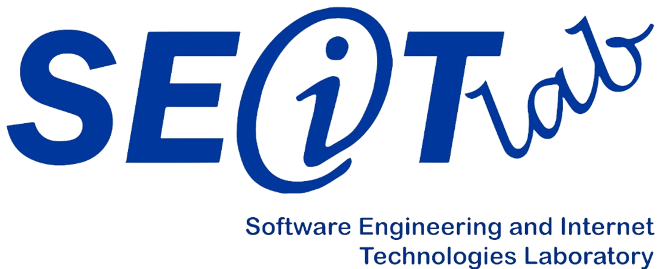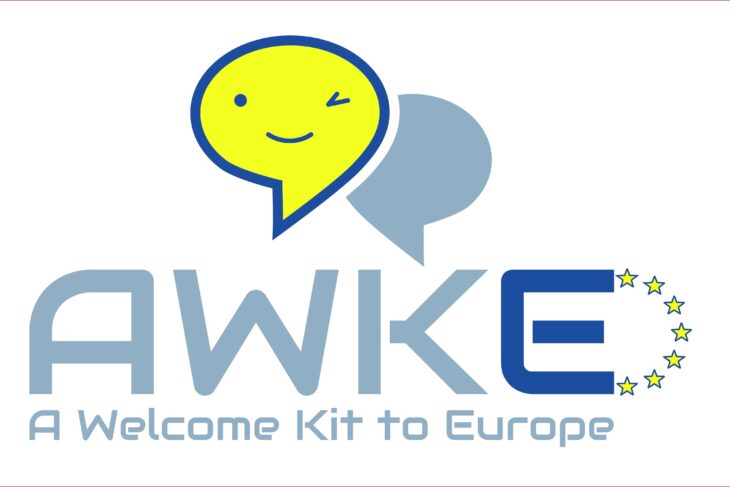
What are we without memory? It is possible to face daily challenges by forgetting who we are or the name of the objects that surround us.
Memory is a territory still to be explored for science, but research is well underway.
The term memory indicates cognitive capacity thanks to which we are able to store data and carry out actions.
The valuable activity carried out by the faculty of remembering and is divided into
- long-term memory (indefinite duration)
- short-term memory (small amount of information for 20/30 seconds)
Daily activities are characterized by recurring gestures. If we wanted to present an example, we could resort to the procedural memory that we activate when we are driving: we learn a series of actions that, repeated frequently, do not come to consciousness and are performed automatically. It emerges by itself that memory is the control center of our activities, and must be preserved. However, with advancing age it is possible to encounter some problems with the ability to remember, such as Alzheimer’s and dementia.
These disorders are characterized by the inability to perform simple functions, also compromising the autobiographical memory and the relationship with loved ones.
The difficulties do not only involve the person affected by the disorder, but also extend to the family, which will have to constantly monitor the elderly.
Memory-related functions don’t just affect the older.
Implementing tools to support “weak” people pursues a double objective: to protect the health of those affected by these diseases and to alleviate the concerns of families.
ESticky acts as a technological link between individuals and families, ensuring the transmission of information on the activities undertaken during the day.



